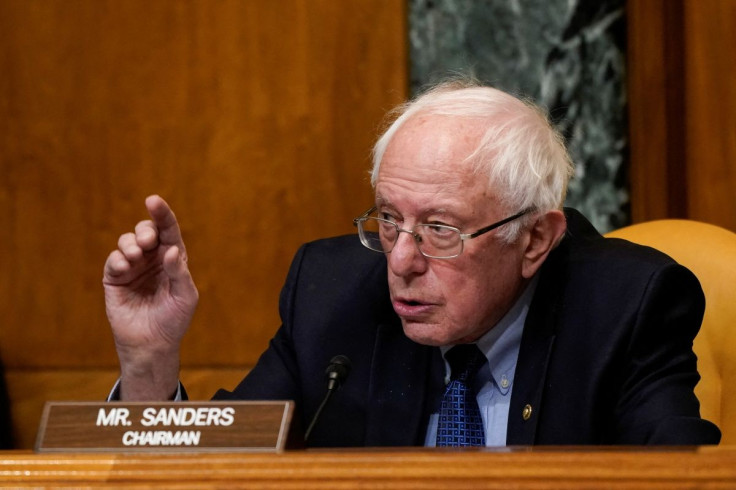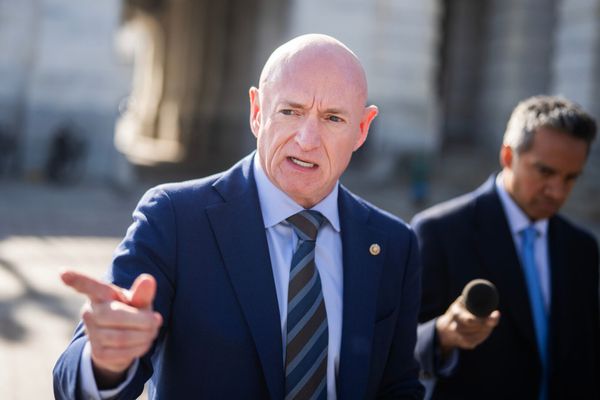Senator Bernie Sanders, a prominent figure in American politics, has ignited a contentious debate with his proposal to reduce the standard U.S. workweek to 32 hours without a loss of pay. The bill, titled the "Thirty-Two Hour Work Week Act," was the focal point of a hearing held on Thursday, where Sanders passionately advocated for what he describes as an essential step toward enhancing the quality of life for American workers.

The proposed legislation aims to gradually transition from the current 40-hour workweek to a 32-hour workweek over the span of four years. Key provisions of the bill include lowering the maximum hours required for overtime compensation for nonexempt employees and mandating overtime pay at time and a half for workdays exceeding eight hours. Moreover, workers would receive double their regular pay for shifts lasting longer than 12 hours.
Sanders emphasized that the proposal is not a radical idea but rather a response to the evolving landscape of work in the United States. He cited staggering productivity gains over the decades, with American workers now being over 400% more productive than they were in the 1940s. Despite these advancements, Sanders argued, many Americans find themselves working longer hours for stagnant or declining wages. He contends that it's time for the financial gains from technological advancements to benefit the working class, not just corporate executives and shareholders.
The senator's push for a shorter workweek aligns with his broader vision of economic justice, where workers are afforded more leisure time, family time, and opportunities for personal enrichment. He stressed the need to address the growing stress levels in the country and enhance the overall well-being of American workers.
Backing Sanders in this endeavor is Senator Laphonza Butler of California, who co-introduced the bill in the Senate, while Representative Mark Takano introduced companion legislation in the House. Their efforts demonstrate the bipartisan nature of the conversation surrounding work hours and compensation.
During the hearing, Sanders called upon experts to provide insights into the potential implications of the proposed legislation. Among the witnesses were United Auto Workers President Shawn Fain, Boston College sociology professor Juliet Schor, and Jon Leland, chief strategy officer of Kickstarter and co-founder of the Four Day Workweek Campaign.
Supporters of the bill point to studies indicating that despite significant increases in productivity, average wages for American workers have failed to keep pace with inflation. Furthermore, they argue that CEOs and executives disproportionately benefit from economic growth, while many workers struggle to make ends meet.
Sanders also highlighted examples from other countries, such as France, Norway, and Denmark, where shorter workweeks have been successfully implemented. Additionally, pilot programs exploring four-day workweeks have shown promising results, including increased productivity and higher levels of worker satisfaction.
However, not everyone is convinced of the merits of Sanders' proposal. Critics argue that a mandated 32-hour workweek with the same pay could have adverse effects on businesses, particularly small enterprises and industries with specific operational requirements. Senator Bill Cassidy of Louisiana, the ranking member of the Senate Health, Education, Labor and Pensions Committee, expressed concerns about potential job losses and inflationary pressures resulting from the proposed legislation.
Despite the skepticism, polls indicate significant interest among voters in establishing a national four-day workweek. Some states, such as Massachusetts and Pennsylvania, have explored similar initiatives, reflecting a growing recognition of the importance of work-life balance in modern society.







